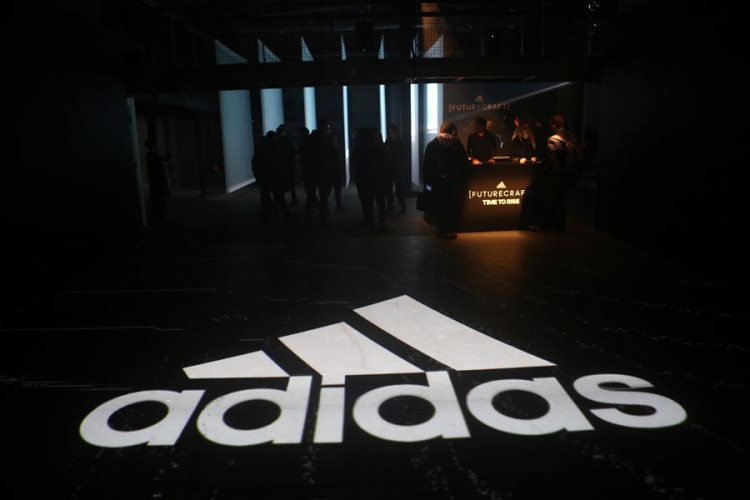Adidas AG warned Tuesday that it would raise prices on all its U.S. products as a result of steep tariffs imposed by President Donald Trump, even as the German sportswear giant reported stronger-than-expected first-quarter earnings.
In a statement, Adidas said, "Higher tariffs will eventually cause higher costs for all our products for the US market." The company added that it was "somewhat exposed" to the administration's sweeping tariffs on China - currently at an effective rate of 145% - but that the broader 10% tariffs on other countries posed the greatest challenge.
Adidas Chief Executive Bjørn Gulden said, "Since we currently cannot produce almost any of our products in the US, these higher tariffs will eventually cause higher costs for all our products for the US market." He added, "Given the uncertainty around the negotiations between the US and the different exporting countries, we do not know what the final tariffs will be."
The company, which manufactures most of its footwear and apparel in countries such as Vietnam and Cambodia, has reduced exports from China but remains heavily reliant on overseas production. Fashion brands and sportswear companies are particularly vulnerable to tariffs because of limited U.S.-based manufacturing capacity.
Adidas said it was unable to raise its full-year revenue and profit outlook despite a strong quarter due to the unpredictable impact of tariffs. Net income from continuing operations rose 155% year-over-year to €436 million ($496.5 million), exceeding a forecast of €383 million, while net sales climbed 12.7% to €6.15 billion. The company's operating margin improved by 3.8 percentage points to 9.9%.
"Cost increases due to higher tariffs will eventually cause price increases, not only in our sector, but it is currently impossible to quantify these or to conclude what impact this could have on the consumer demand for our products," Adidas said.
Analysts remain cautiously optimistic. Deutsche Bank described the results as a "good print" and noted progress across key metrics. Mamta Valechha, a consumer discretionary analyst at Quilter Cheviot, said, "Footwear continues to be a strong performer, with consumers also opting for lifestyle clothing, while the performance category also continues to do well."
However, concerns remain about the brand's pricing flexibility. Yanmei Tang, an analyst at Third Bridge, noted, "Our analysis suggests the brand operates in a tighter price elasticity environment, particularly in its core footwear lines like the Superstar or Gazelle. With potential tariffs pushing production costs higher, Adidas lacks the same headroom as competitors such as Nike or Hoka, whose consumers are more accustomed to premium pricing."
Adidas, known globally for its three-stripe logo and popular models such as the Samba, Gazelle, and Superstar sneakers, has largely moved beyond the fallout from its terminated partnership with Ye, formerly known as Kanye West. The company confirmed Tuesday that it had sold the last of its Yeezy stock at the end of 2024.




